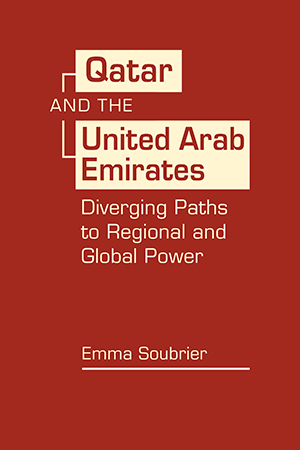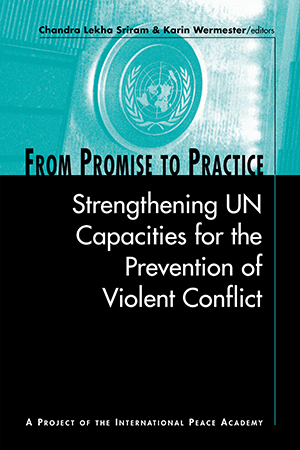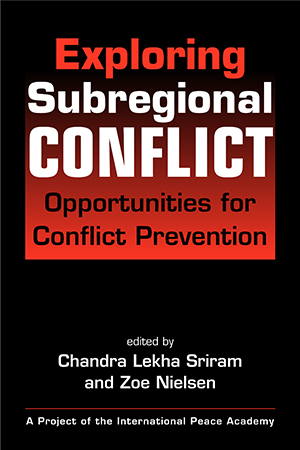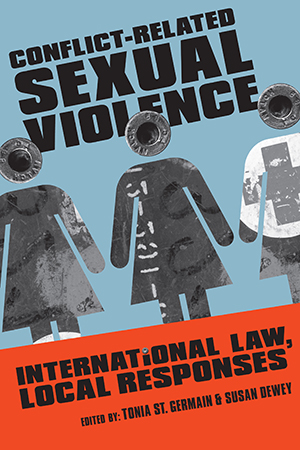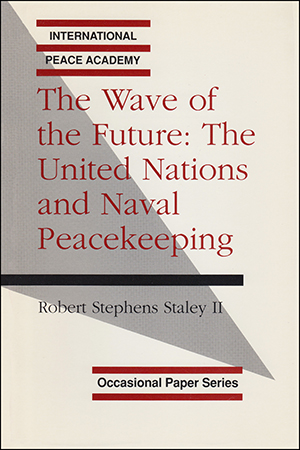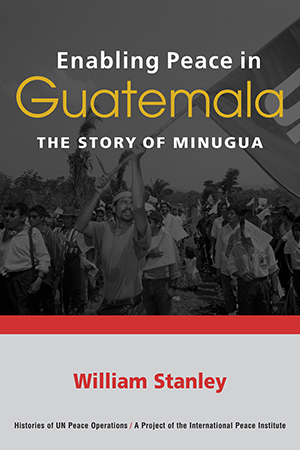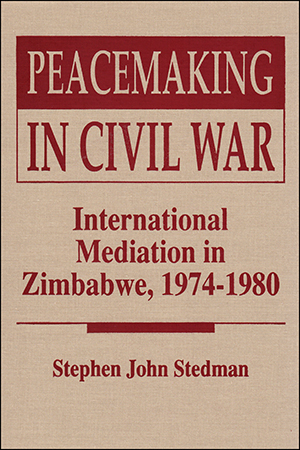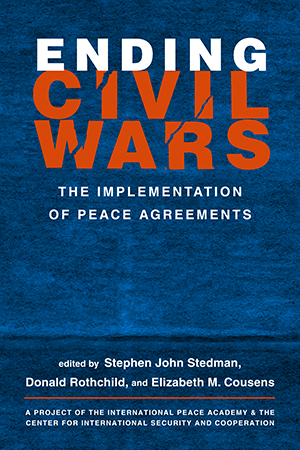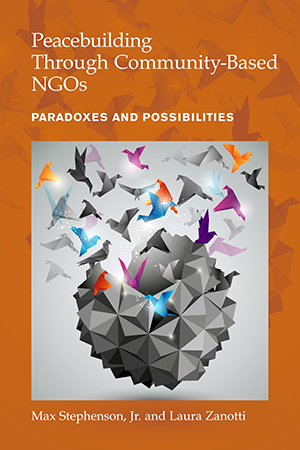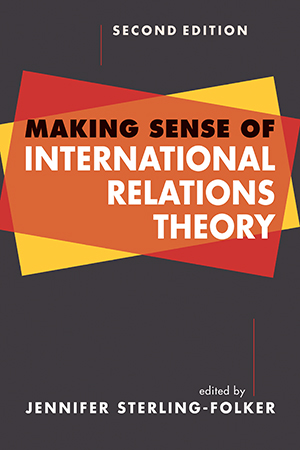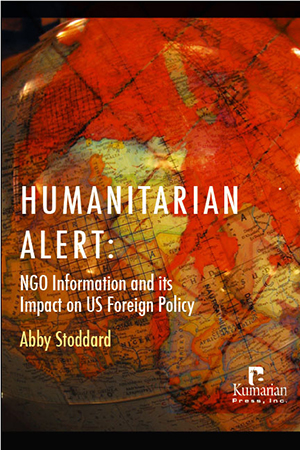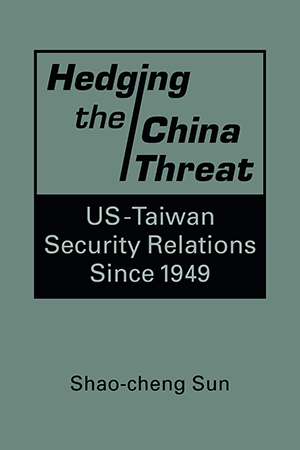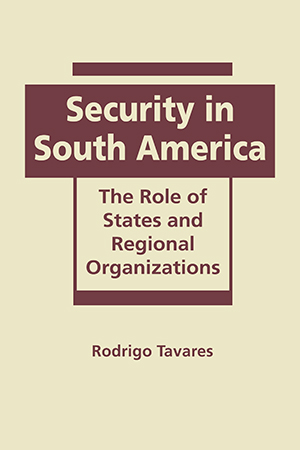International Relations (all books)
In the years following the turmoil of the Arab Spring, Qatar and the United Arab Emirates jockeyed for power, becoming significant forces—and rivals—in regional politics. Emma More >
How can the United Nations, regional and subregional organizations, government donors, and other policymakers best apply the tools of conflict prevention to the wide range of intrastate More >
The causes of violent conflict, as well as approaches to conflict prevention, have been studied extensively, but only recently has attention been given to the subregional dynamics of More >
The authors of this groundbreaking book explore the gap between policy and practice in international responses to conflict-related sexual violence. Drawing on their research in Africa, Asia, More >
Though the United Nations will face numerous challenges on the world's oceans in the next decades, it has not yet developed the capability to operate effectively in the areas of maritime More >
This unique assessment of a complex and contentious issue brings together the latest information on international migration in the context of a global economy. Redressing a gap in most More >
William Stanley tells the absorbing story of the UN peace operation in Guatemala's ten-year endeavor (1994-2004) to build conditions that would sustain a lasting peace in the More >
Challenging the literatures on war termination, civil war, and revolution—which typically dismiss the possibility of negotiated settlement—Stephen Stedman examines the problem of More >
Why do some peace agreements successfully end civil wars, while others fail? What strategies are most effective in ensuring that warring parties comply with their treaty commitments? Of the More >
Max Stephenson and Laura Zanotti explore the contested, but increasingly relevant, role that nongovernmental organizations (NGOs) play in resolving conflict and bringing about peace and More >
What does it mean to adopt a realist, or a world systems, or a green approach to international relations? Does the plethora of "isms" have any relevance to the real world of global More >
Do humanitarian NGOs function as autonomous—and even influential—nonstate actors with their own value-driven agendas? Or do they serve merely as the paid agents of national More >
The United States has never formally recognized Taiwan as a sovereign state, yet it has provided the country with security assistance since the establishment of the Republic of China (ROC) More >
In the context of Russia's war against Ukraine, the authors present crucial strategies for improving security in five NATO eastern flank states: Estonia, Finland, Latvia, Lithuania, and More >
What types of threats and conflicts affect the countries of South America? What roles can and should states and regional organizations play in maintaining both traditional and human security More >


